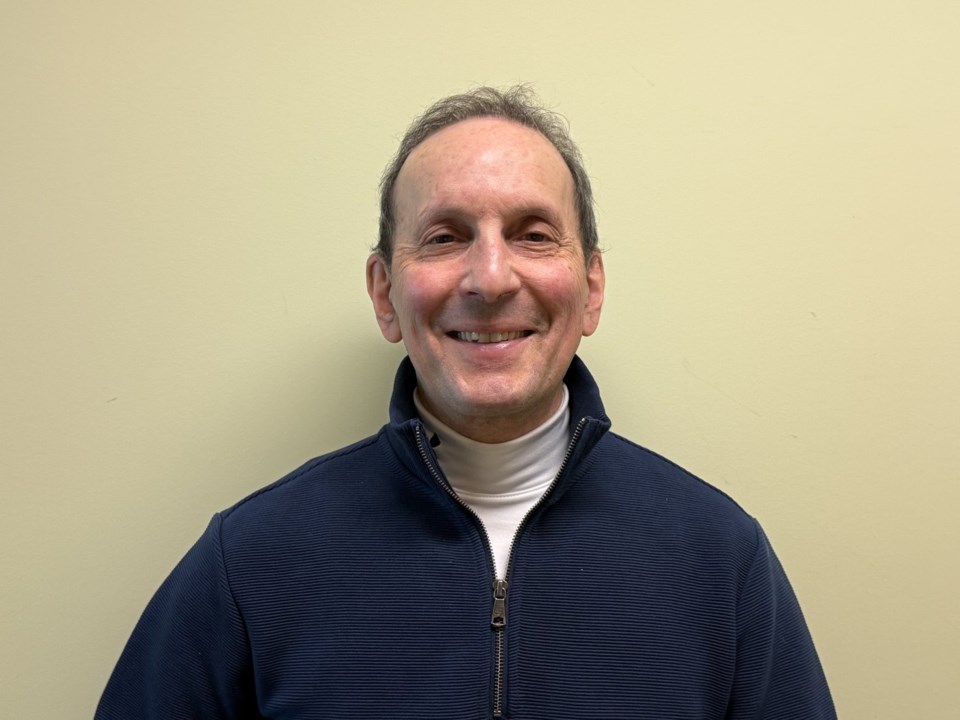Cancer is a life-changing, deadly disease that happens when normal cells become cancerous and multiply and spread. While cancer is life-threatening, doctors say it can be completely treated when diagnosed early. And for that, you need to understand the early signs and symptoms.
There are many simple checks you can carry out yourself at home to give you a better insight into your overall health. If you have been feeling for lumps and bumps, observing changes in moles, and doing a straightforward finger test, which could reveal a potential sign of lung cancer. What is the swallow test? Related News | Easy-to-Miss Signs of The Super Deadly Ovarian Cancer Women Must Not Ignore, According to Top GynecologistMost Ignored Symptoms of Liver Damage That Are Visible At NightAccording to experts, a healthy and fit person should be able to swallow within 30 seconds.

Those who fail to reach the number could be presenting signs of a deadly condition. Struggling to swallow could mean you have dysphagia. While there can be many reasons behind it, which include brain and muscle disorders, blockages in your throat, or acid reflux, it can even be a sign of cancer.
A technique many doctors use to establish if someone has dysphagia is known as the repetitive saliva swallow test. This simple test can be performed at home and sees a patient attempt to swallow as many times as possible in half a minute without consuming any food or drink. According to studies, the number of swallows healthy people of different age groups should be able to achieve.
Experts believe adults aged 20-39 years should be able to swallow, on average, 8.5 times within half a minute. However, those above the age of 40 years should be able to swallow eight times, while those in their 50s should manage seven swallows.
Related News | Woman Diagnosed with Incurable Bowel Cancer After A Telltale Sign Appeared During Blood Donation SessionIf you are above 60 years of age, you achieve just under seven swallows, and the ones in your 70s should be able to complete six. Finally, if you are in your 80s, you should be able to do just over four swallows. Experts believe those who are not able to reach the relevant healthy swallowing goal for their age group can be flagged for further investigation to explore the cause of dysphagia.
According to the journal Dysphagia, scientists have added a lot of relevance and importance to this test, especially for the diagnosis of serious diseases like cancer. Why do the test scores vary in different age groups? According to experts, as you age, many physiological changes occur in your throat muscles. You may become slower in both reflexes and with the fear of choking and so, may be swallowing with caution.
Differences are also stark among men and women, where men have achieved more swallows than women. What cancers does dysphagia cause? According to experts, dysphagia can be a symptom of various cancers, including those affecting the head, neck, and upper digestive tract - cancers of the esophagus, throat, mouth, larynx, thyroid, and salivary glands, and even some cancers in your stomach or pancreas. How is dysphagia treated? Treatment for dysphagia depends on what causes it and how severe the condition is.
It may include: Medication Lifestyle changes with tweaks in your diet and eating habits Medical therapy to relieve muscle spasms Feeding tube, if you are at risk of choking.
Health

A Simple One-minute Test You Can Do To Determine Your Risk of Cancer

The Repetitive Saliva Swallowing Test, or RSST, is a simple, non-invasive screening tool for oropharyngeal dysphagia, which causes difficulty swallowing, where patients are asked to swallow saliva as many times as possible within 30 seconds. It is an important at-home test result that can also be indicative of throat or esophageal cancer.















